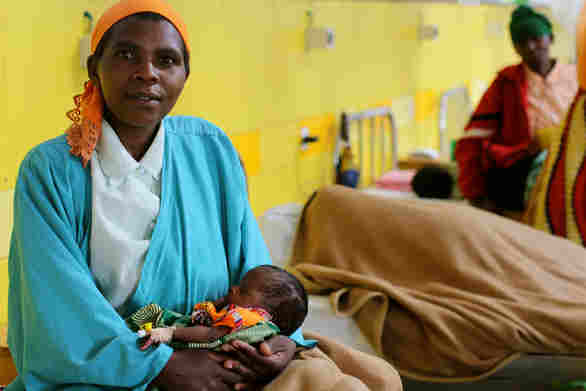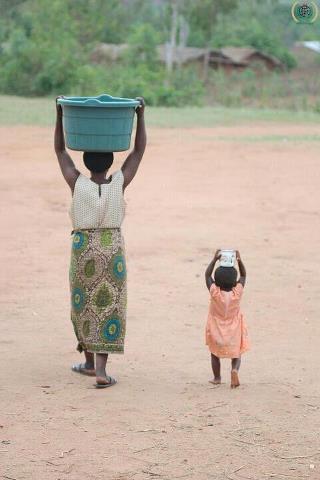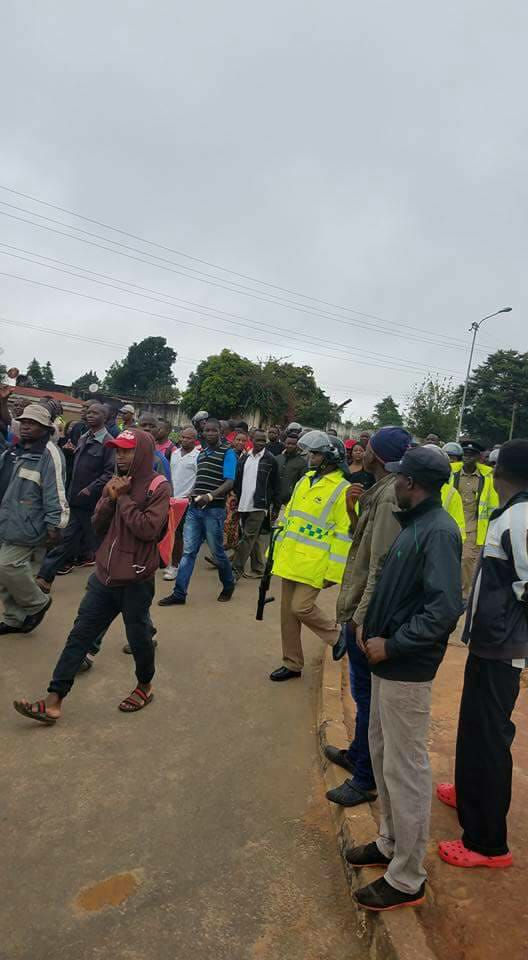Women constitute the largest population of the world. In other words they are the most important component of every society. In most parts of Malawi especially in rural areas, women are the ones that do most of the work to feed their families. They work in gardens and other critical activities such as raising children and taking care of the homes. They are responsible for so many things that make the biggest part of human society. However, the unfortunate part out of this responsibility is that these women are subject to severe gender-based violence that ends up leaving them dead or disabled.
Unhappy women means unhappy societies. Women must be protected from any form of abuse and exploitation if society and communities are to achieve any meaningful progress. Poverty is the biggest driver of gender-based violence especially in rural areas. Most women in rural areas rely on men to provide for them and this dependence puts them at a high disadvantage especially with regard to bargaining power.
It is very important for societies to consider empowering women as one way of fighting gender-based violence. The empowerment of women should be in all spheres ranging from economic, political and psychological. These three human components are the driving factors for development. Women in rural areas must be psychologically empowered in order for them to realize that they can live happy lives without relying on men to provide for them. Women need economic empowerment for them to be able to find the basics themselves. They need to be politically empowered for them to be active in decision making in whatever issues that involve their lives.
Women need to be empowered because of the responsibilities they take in society. In most rural parts of the Malawi, property grubbing is still rampant after women are widowed despite the fact that the government has put some laws in place to curb this practice. This practice leaves women at every level disadvantaged and affects the healthy growth of their children.
Violence against women has profound implications for health but is often ignored. One of the most common forms of violence against women is performed by a husband or male partner. This type of violence is frequently invisible since it happens behind closed door. Many women suffer in silence when legal systems and cultural norms do not treat such acts as a crime, but rather as a private family matter, or a normal part of life. The UN reports that globally, one in three women will be beaten, coerced into sex or otherwise abused at some point in her life. This figure is alarming and disturbing considering the fact that women constitute such a large part of our societies.
Since, I joined Global Health Corps as a fellow in 2012; I have seen a large number of women hospitalized because their husbands beat them. I have seen serious situation where a man stabbed his wife because the wife asked the husband to provide some money to buy food. These kinds of stories are really disturbing. This makes me think that if this woman was economically empowered, the woman could not have been stabbed because she would have not needed to ask her husband to give her money for food in the first place. My involvement with GHC has helped me understand how serious issues of gender-based violence against women are related to health. If there was no gender-based violence against women, the demand for health care would be reduced because the number of patients who seek medical attention after being beaten by their husbands and partners would decrease hence reducing the demand for health care and burden on local hospitals. Women’s empowerment is one of the solutions to end gender-based violence against women. – By Jonathan Michael Mtaula






No comments! Be the first commenter?